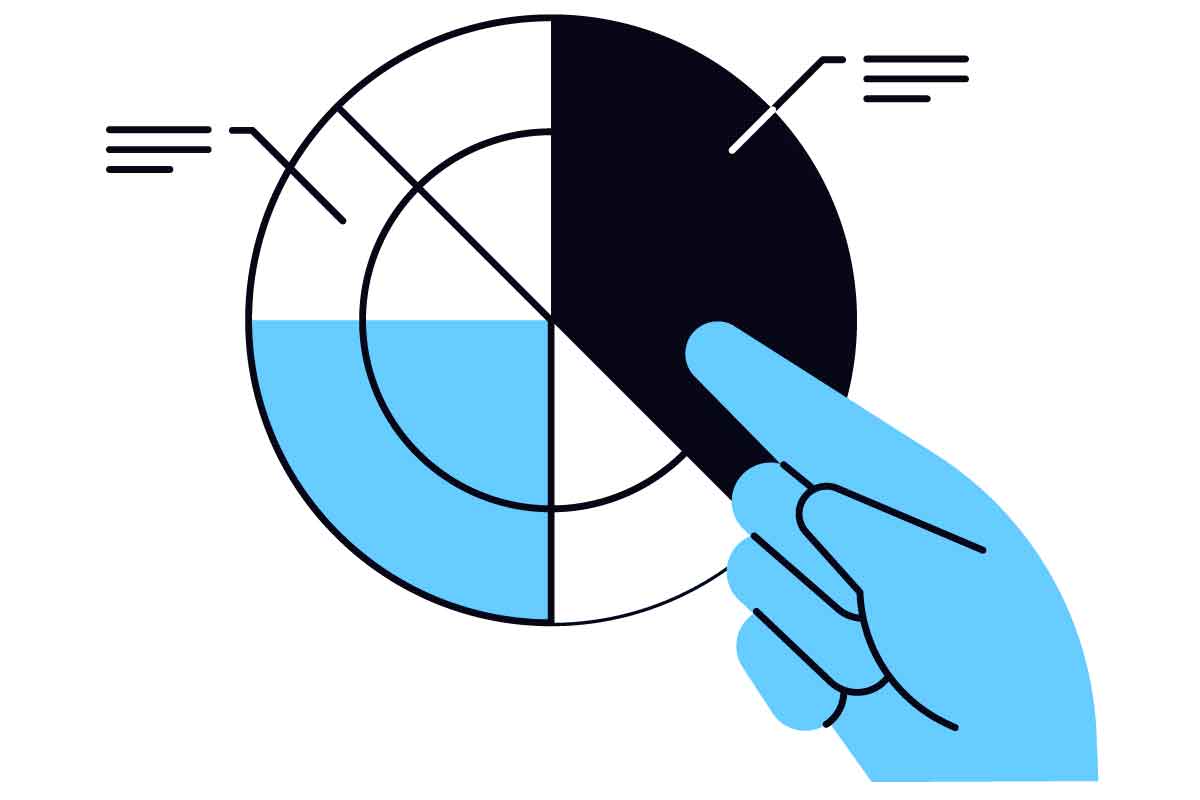In the UK, the dissolution of a limited company can be a complex process, often surrounded by a myriad of questions and concerns, particularly relating to the company’s financial obligations. One of the most common questions is, “What happens to the debts when a limited company is dissolved?” This article aims to provide clarity on this topic.
Limited company – A brief overview
First, it’s important to understand what a limited company is. A limited company in the UK is a type of business structure that is distinct from its owners.
Featured pro tools
This means that the company’s finances are separate from the personal finances of its owners.
The owners, also known as shareholders, have limited liability, which means they are not personally liable for the company’s debts beyond the amount they have invested or guaranteed to the company.
Dissolving a limited company
Dissolving a limited company, also known as striking off, is a process whereby a company is removed from the Companies House register. This can occur voluntarily if the owners decide to close the business, or it can be enforced by Companies House if certain criteria are not met, such as failing to file annual accounts.
Before a company can be dissolved, it must not have traded or sold off any stock in the last three months. It must not have changed names, be involved in any legal proceedings, or have any outstanding liabilities or agreements with creditors.
The fate of debts
When a limited company is dissolved, it ceases to exist, and therefore, it cannot owe money. However, the debts don’t simply vanish into thin air. The process is more nuanced and depends on several factors.
1. Liquidation
If a company is insolvent and cannot pay its debts, it may undergo liquidation, also known as winding up. During this process, an appointed liquidator sells the company’s assets to pay off the debts.
The proceeds are distributed to the creditors in a specific order: secured creditors are paid first, followed by preferential creditors (like employees), and finally unsecured creditors.
Once the liquidation process is complete, the company is removed from the Companies House register.
2. Write-off by creditors
Sometimes, creditors may decide to write off the debt if they believe there’s no realistic chance of recovery. This decision depends on the individual circumstances of each case.
3. Restoration of the company
Even after a company has been dissolved, it’s possible for it to be restored to the Companies House register.
This is typically done when there are unpaid debts that were not settled before dissolution.
The restoration of the company allows creditors to pursue the outstanding debts. If the company is restored, it’s as if it was never dissolved, and it remains liable for its debts.
It’s important to note that directors of a company can be held personally liable for the company’s debts if they continue to trade when the company is insolvent and they knew (or ought to have known) there was no reasonable prospect of avoiding insolvent liquidation. This is known as wrongful trading.
Conclusion
So, what happens to the debts when a limited company is dissolved? The dissolution of a limited company in the UK doesn’t mean an automatic dismissal of its debts.
The debts are either paid off through the liquidation process, written off by the creditors, or still owed by a restored company.
It’s crucial for company directors to be aware of their responsibilities and potential liabilities when considering dissolving their company. Consulting with a professional advisor or solicitor can provide valuable guidance in navigating these complex situations.
FAQ
When a limited company is dissolved, any assets it held (such as property, equipment, and cash at bank) at the time of dissolution are passed to the Crown as ‘bona vacantia’ which means ‘ownerless goods’. This includes rights to legal actions and interests in and rights under leases.
Once a company is dissolved, it ceases to exist and therefore cannot be sued. However, if a claimant has a legal claim against the company, they may apply to the court to have the company restored to the register. Once restored, the company can be sued as if it had never been dissolved.
Dissolution refers to the process of removing a company from the Companies House register, effectively ending its existence. Liquidation, on the other hand, is a process that involves winding up the company’s affairs, selling its assets to pay off creditors, and then dissolving the company.
Generally, directors are not responsible for a limited company’s debts as they are protected by limited liability. However, there are exceptions. For instance, if they have given personal guarantees for company debts or have been found guilty of wrongful trading, they can be held personally liable.
Yes, a dissolved company can be restored to the Companies House register through a process called administrative restoration or court order, typically for the purpose of pursuing outstanding debts or legal claims. However, this is a complex process and may require legal advice.

